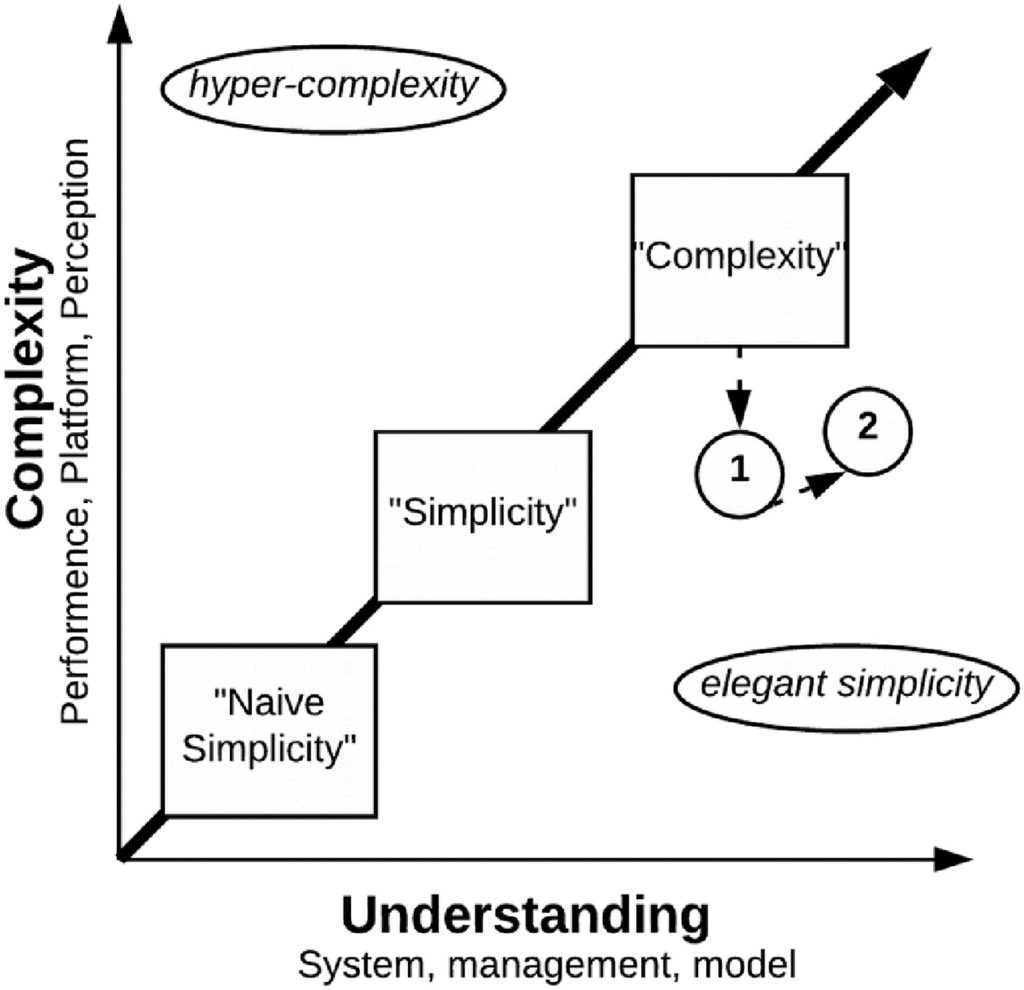New publication in Environmental Modelling & Software
My paper “Model emulators and complexity management at the environmental science-action interface” has just been published in the journal Environmental Modelling & Software. Emulators are models of models that are typically used to improve simulations times or computational requirements of complex models. In this paper I examine the role in emulators in environmental decision-making contexts. I show that emulation is a process of continuously navigating complexity and simplicity. It necessitates considerations other than performance improvement. In order to function successfully as an emulator, other criteria, such as the model’s capacity to act as a platform for information and communication and stakeholders’ perceptions of the model are also very important.
</div>

I really enjoyed doing this research because of how distinct each of the components were from each other. I used deep neural networks to train an emulator of the hydrological model ParFlow.CLM, reducing simulation times from > 2h to a fraction of a second; I designed an conducted focus groups with groups of watershed modelers in the Chesapeake Bay Watershed in response to that emulator; and lastly, I analyzed the transcripts of the focus groups for themes related to participatory modeling and modeling with stakeholders.